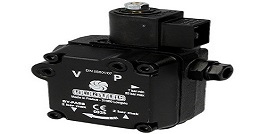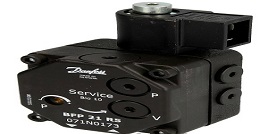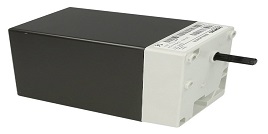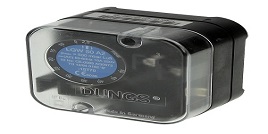Heating technology in 43 keywords
Please choose a letter:
Efficiency
This is the difference between the energy supplied and the energy extracted (used). The efficiency of heating systems is increased by lower flue gas temperatures and lower flow and return temperatures.
Energy balance
Consideration of the energy supplied in comparison/proportion to the energy extracted and used. This enables a statement to be made as to the economic utilisation.
Energy loss
Energy which is lost. It is the difference between the energy supplied and the energy extracted (used). Modern heating systems reduce energy losses to a minimum by means of efficient heat exchangers and excellent heat insulation.
Energy carriers
Heating oil, bio-oil, natural gas, liquefied gas, and biogas are used as fuels. Their energy content is released during combustion (fuels).
Energy resources
Discrimination is made between finite energy sources on the one hand, which are only available to us in limited quantities, such as oil or gas, and should therefore be used extremely sparingly, and continuously renewable energy sources, such as the sun, wind or water power (renewable energies). In spite of much progress, these resources can only cover a small part of our energy requirement - in an economical and justifiable way and to a reasonable extent - even in the longer term.
Emissions
Collective term for environmentally damaging pollutants, which are being reduced to a minimum by consistent developments in burner technology. Nitrogen oxide emissions are one of the causes of acid rain. Even when they run without any faults and under controlled conditions, older heating systems can no longer perform at levels which are now possible.





-268x134.jpg)
